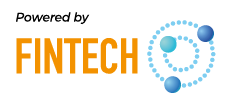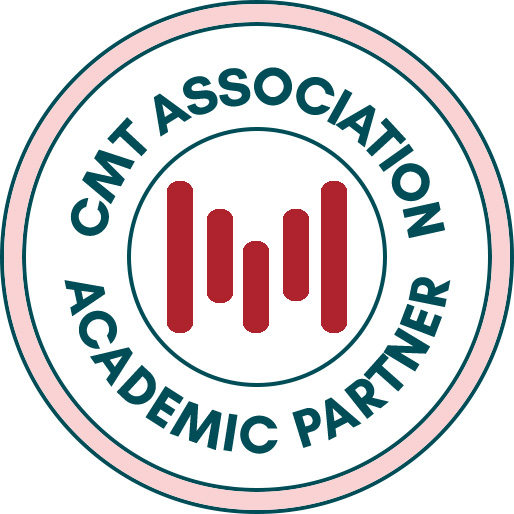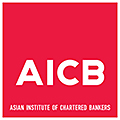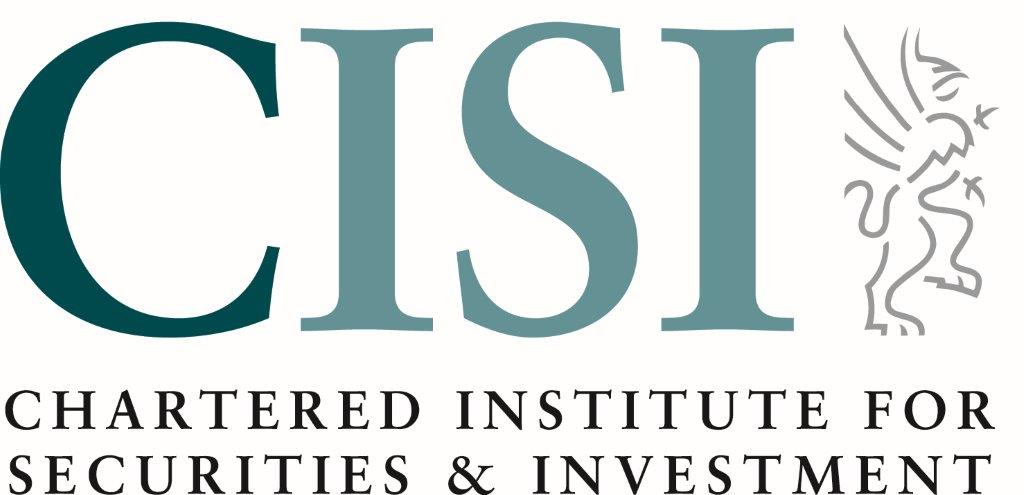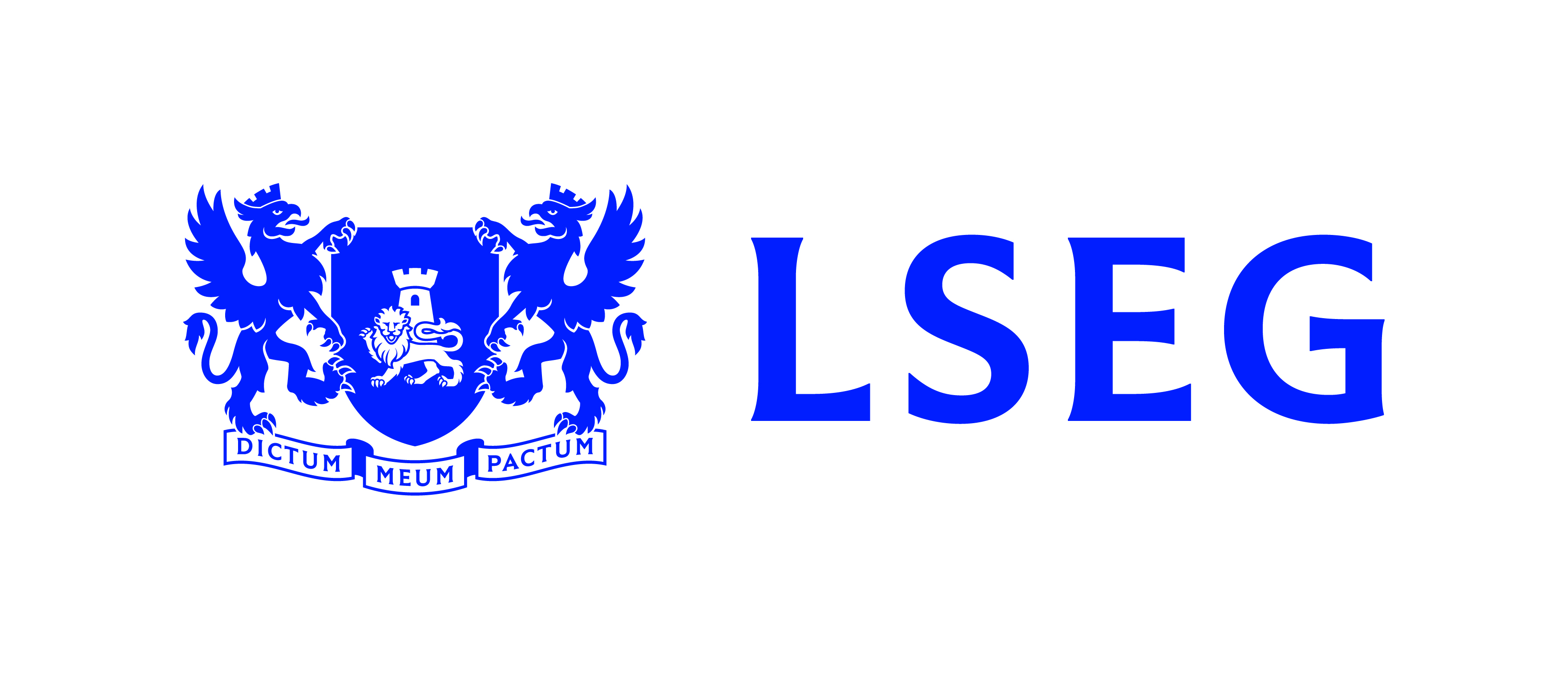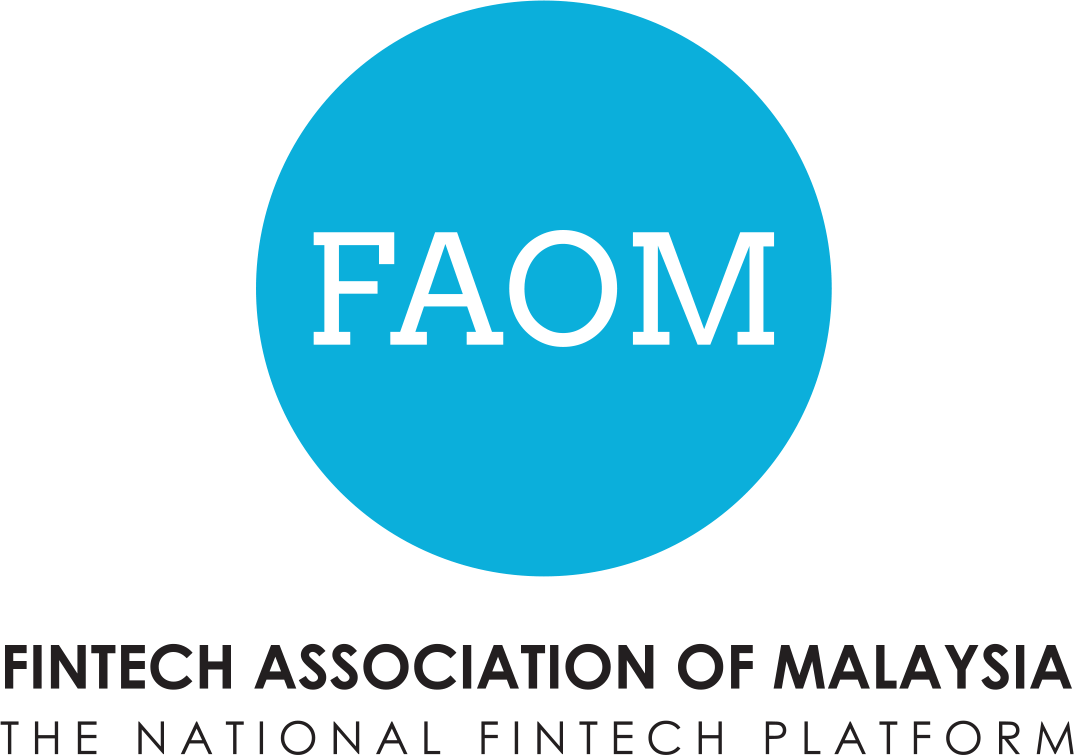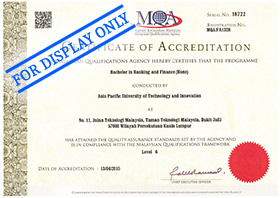You are here
Bachelor in Banking and Finance (Hons)

|
|
|
APU-DMU DUAL DEGREE PROGRAMME Students who are under Bachelor’s Degree Programme will have the option to opt-in for the APU-DMU Dual Degree Scheme. Under this Scheme, students will receive 2 Degree Certificates & Transcripts upon graduation: 1 from Asia Pacific University (APU), Malaysia and 1 from De Montfort University (DMU), UK. |
MORE THAN JUST A BANKING & FINANCE DEGREE
APU's Bachelor in Banking and Finance (Hons) degree is designed to provide you an edge with the latest technologies that are in line with the Industrial Revolution 4.0.
| CMT Association Partner Academic |
ADMISSION REQUIREMENTS
GENERAL REQUIREMENTS | |
| DIRECT ENTRY TO LEVEL 1 OF THE DEGREE: | |
| STPM | • 2 Passes in STPM with a minimum Grade C+ (GP 2.33) and a Credit in Mathematics and a Pass in English at SPM Level or its equivalent. |
| A-LEVEL | • 2 Passes (Grade A-D) in A-Level in any 2 subjects, and a Credit in Mathematics and a Pass in English at SPM/O-Level/ IGCSE or its equivalent. |
| UEC | • 5 Grade B’s in UEC including Mathematics with a Pass in English. |
MATRICULATION/ FOUNDATION | • Passed Foundation programme (minimum CGPA of 2.5) with a Credit in Mathematics and a Pass in English at SPM/O-Level/IGCSE or equivalent. |
| ENTRY TO LEVEL 2 OF THE ACCOUNTING, BANKING OR FINANCE DEGREE: | |
| DIPLOMA IN ACCOUNTING | • Passed Diploma with minimum CGPA of 2.5 and a Credit in Mathematics at SPM/O-Level/ IGCSE level. |
Any qualification that APU accepts as equivalent to the above.
| ENGLISH REQUIREMENTS | |
INTERNATIONAL STUDENTS | • IELTS : 6.0
|
PROGRAMME OUTLINE
This programme is specifically designed to provide students with:
- Knowledge and skills in handling financial products, product development and working within the rapidly changing Global Banking and Finance Industry.
- Opportunities to develop into highly competent managers, who are well qualified not only in Banking and Finance but also other professional areas required for successful business administration and management.
- A background of banking and finance concepts, as well as knowledge and skills that allow for practical application in the modern-day workplace.
- FinTech knowledge and technical skill relevant to Banking and Finance.
DEGREE LEVEL 1 |
Students will learn fundamental skills required by every banking and finance professional, and the basic understanding of business management and finance. We will also expose them towards business & communication skills, accounting skills and management skills.
COMMON MODULES | |
|
|
DEGREE LEVEL 2 |
A broader range of skills will be learnt, in which students will gain a better understanding of banking instruments, procedures, credit management as well as the overall financial system environment. In addition, they will be introduced to the tool and test for various financial markets through Econometric software. Besides, students will also be introduced to hands on training on the underlying technologies enabling FinTech solutions such as Python programming and R-programming.
COMMON MODULES | |
|
|
SPECIALISED MODULES | |
|
|
INTERNSHIP (16 WEEKS) |
Students will undertake an Internship/Industrial Training for a minimum period of 16 weeks to prepare them for a smooth transition from the classroom to the working environment.
DEGREE LEVEL 3 |
Students will make use of their previous studies and industrial experience to learn about the practical aspect of banking practices and theories as well as the development of international banking and investment theories in global banking practices, with aims to groom them as a leader in banking & finance industry. A final year project requires them to explore a topic individually – they will demonstrate their academic and practical aspects of their ability in the chosen area of study.
COMMON MODULES | |
|
|
SPECIALISED MODULES | |
|
|
MQA COMPULSORY SUBJECTS* |
|
|
(*All students are required to successfully complete these modules as stipulated by the Malaysian Qualification Agency.) | |
29 Nov 2018 - Fintech modules offered as part of bachelor’s degree - Read more at https://www.thestar.com.my/tech/tech-news/2018/11/29/fintech-module-offered-as-part-of-bachelors-degree/
CAREER OPTIONS
|
|
PROFESSIONAL RECOGNITIONS
APU has been leading the way for its graduates in Professional recognition and exemptions in the areas of Accounting, Banking, Finance and Actuarial Studies. These are valuable not only for moving your career as a full-time professional forward but also for expanding your skills and expertise to become a more well-rounded employee. These recognitions help you become a more desirable job candidate or employee, one who can command a higher salary.
| Chartered Financial Analyst (CFA) Institute University Affiliation Program |
DID YOU KNOW?
Finance is always at the heart of commerce that no one could get rid of. However, the advent of financial technology has disrupted the delivery of financial services. In order to remain competitive in digital banking sphere, banks have started to employ more staffing resources in the digitisation initiatives. Thus, our Bachelor in Banking and Finance (Hons) (one of the first industry-driven FinTech curriculum in Malaysia) will prepare the graduates to meet the needs of a rapidly disrupted Financial Services industry in Malaysia and internationally with the ability to develop innovative ideas and to employ state-of-the art technologies.
Professional Body Partner
| All Banking & Finance Programmes are accredited by Asian Institute of Chartered Bankers |
| All the graduates of Banking and Finance are eligible to be affiliate members of CISI at a discounted price. Affiliate members of CISI will enjoy a suite of benefits, encompassing networking opportunities, continuous professional development, access to resources, and a commitment to ethical standards and professional excellence. |
| LSEG Financial Database |
All Banking & Finance Programmes are empowered by Industry Collaboration
| FAOM |
COURSE FEES
Malaysian Students | International Students |
Year 1: RM 29,600 | Year 1: RM 32,000 (USD 8,000) |
* Fees stated here do not include Deposits and other Miscellaneous Fees. Please refer to Fee Guide for details.
MQA ACCREDITATION
(R2/0412/6/0005)(07/27)(MQA/FA1328) |
| All information is correct at the time of publication, but is subject to change in the interest of continuing improvement. |
Bachelor in Banking and Finance (Hons) Programmes |




